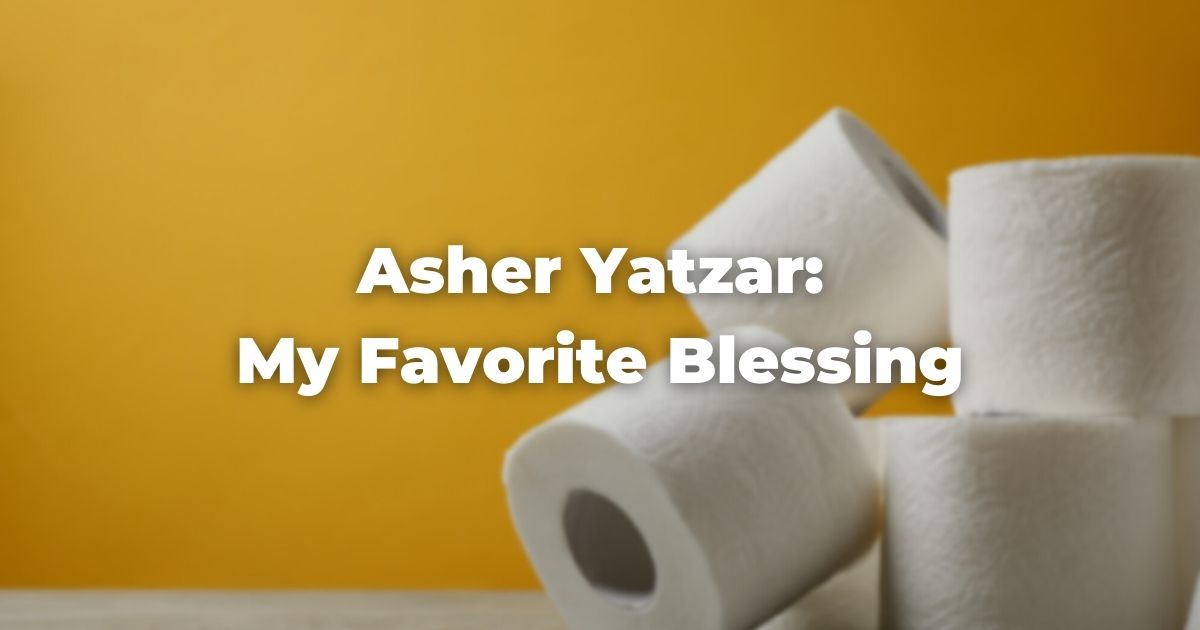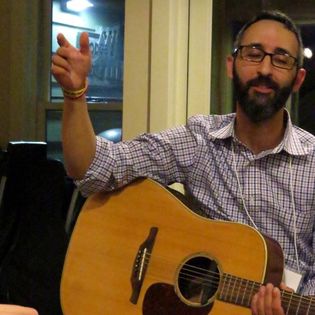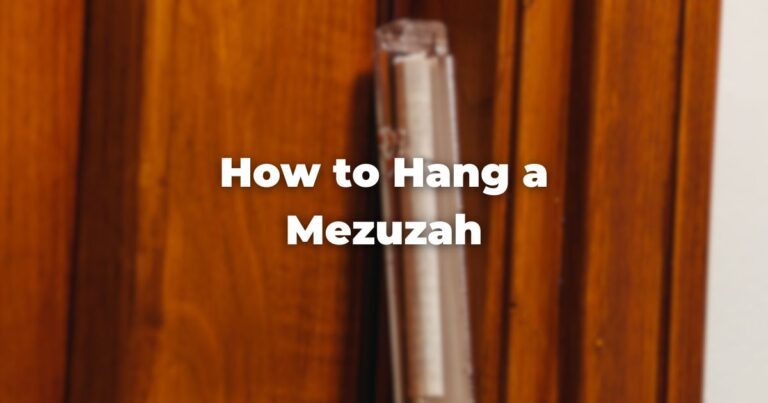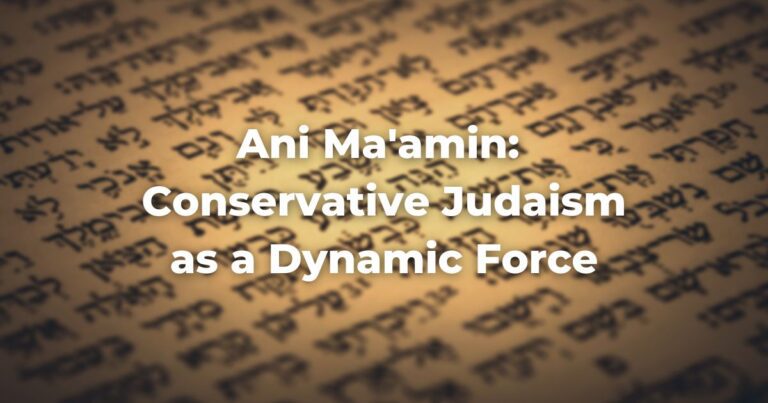Jews have so many prayers! Our siddurim (prayer books) are filled with works of great poetry and theology, material from the TaNaKhAn acronym for the name of the Hebrew Bible: Torah, Neviim, and Ketuvim. Read more and Rabbinic literature, and the collective consciousness of Jewish worshipers over thousands of years.
Out of all of that material, I can say with full confidence that my favorite prayer is… the blessing after using the bathroom.
Yes, you read that right. The blessing for after using the bathroom, or Asher Yatsar, is to be recited after each time one relieves themselves.
בָּרוּךְ אַתָּה ה’ אֱלֹהֵינוּ מֶלֶךְ הָעוֹלָם, אֲשֶׁר יָצַר אֶת הָאָדָם בְּחָכְמָה, וּבָרָא בוֹ נְקָבִים נְקָבִים חֲלוּלִים חֲלוּלִים. גָּלוּי וְיָדוּעַ לִפְנֵי כִסֵּא כְבוֹדֶךָ, שֶׁאִם יִפָּתֵחַ אֶחָד מֵהֶם, אוֹ יִסָּתֵם אֶחָד מֵהֶם, אִי אֶפְשַׁר לְהִתְקַיֵּם וְלַעֲמוֹד לְפָנֶיךָ אַפִלּוּ שָׁעָה אֶחָת. בָּרוּךְ אַתָּה ה’, רוֹפֵא כָל בָּשָׂר וּמַפְלִיא לַעֲשׂוֹת:
Barukh attah Adonai, Eloheinu melekh haOlam, asher yatzar et ha’adam b’chokhmah, u’vara vo n’kavim n’kavim chalulim chalulim. Galu’i v’yaduah lifnei kisei k’vodekha, she’im yifateach echad meihem, o yisatem echad meihem, ee efshar l’hit’kayem v’la’amod l’fanekha afilo sha’ah echat. Barukh attah Adonai, rofei khol basar oomaf’li la’asot.
Blessed are You, our God, source of the universe, who formed humans with wisdom and created within our body many openings and many hollows. It is revealed to you throne that if one of them were ruptured, or if one of them were blocked, it would be impossible to exist and stand in your presence. Blessed are You, God, who heals all flesh and performs wonders. [translation Uri Allen]
To begin, I rather like the poetry and structure of the blessing, particularly in the Hebrew. There is a kind of musicality and rhythm in the words. When I say it at various times during the day, the composition itself becomes a meditation and the vibration of the sounds themselves resonate in my body.
But more deeply, this bracha provides us an opportunity to pay attention to, and be mindful of our bodies, for an action that we might not readily associate with Judaism and Jewish practice.
Each of us can think of a time when our bodies did not work so well. We have had colds and been sick, we have been injured and then healed. How fortunate that we have a daily opportunity (hopefully more than once!) to show gratitude for the design of the human body, and to find presence and mindfulness when our physical selves are healthy.
Asher Yatzar is also an effective blessing to bring our awareness to others in our life who have health issues. When we are attuned to our own bodies and how they are functioning right now, we might also evoke empathy for others who may be experiencing other things in their bodies.
The human body is truly amazing. Too often though we can take it for granted.
Asher Yatsar is our reminder of the wonders of our physical form, and a moment of gratitude for The One who created us all. Blessed are You, God, who heals all flesh and performs wonders.
Author
-

Rabbi Uri Allen is a guitar playing, Abba of three who loves cooking, traveling around the country to see his favorite band Phish and learning Torah. His passions in the rabbinate are in educating and teaching learners of all ages, and using music to add contour and depth to Jewish rituals and life. He currently serves Congregation Beth Mordecai in Middlesex County NJ. He lives in Livingston NJ with his wife Sari and three children Doron (11), Aderet (7) and Yedidyah (8).
View all posts






